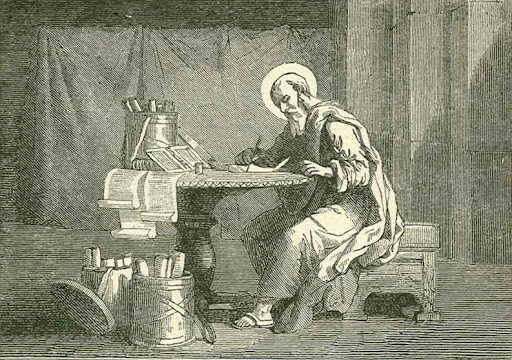Though Justin Martyr explained what the mass entailed, Christianity was not legalized until hundreds of years later. This goes to show that the hated of Christians was still deeply entrenched in the Roman ideology. The Emperor just shrugged off his letter and ignored Justin Martyr.
Justin Martyr's letter provide insight into mass back in 150 AD. The core fundamentals of the mass in 150 AD is the exact same as today's mass. This shows the divinity in the Church. Nothing can stay the same for 2000 years, not even mountains.
- You still need to be Baptized to partake in the Eucharist
- Baptism is still for the remission of sins
- The host is still bread and wine mixed with water
- Amen is still the general remark for consent of the congregation
- Deacons still carry the host to people who cannot come to mass
- The Eucharist is still called the Eucharist
- There are Gospel readings in every mass
- Only bishops and priests can administer the Eucharist
- Sunday is still the day of Mass
